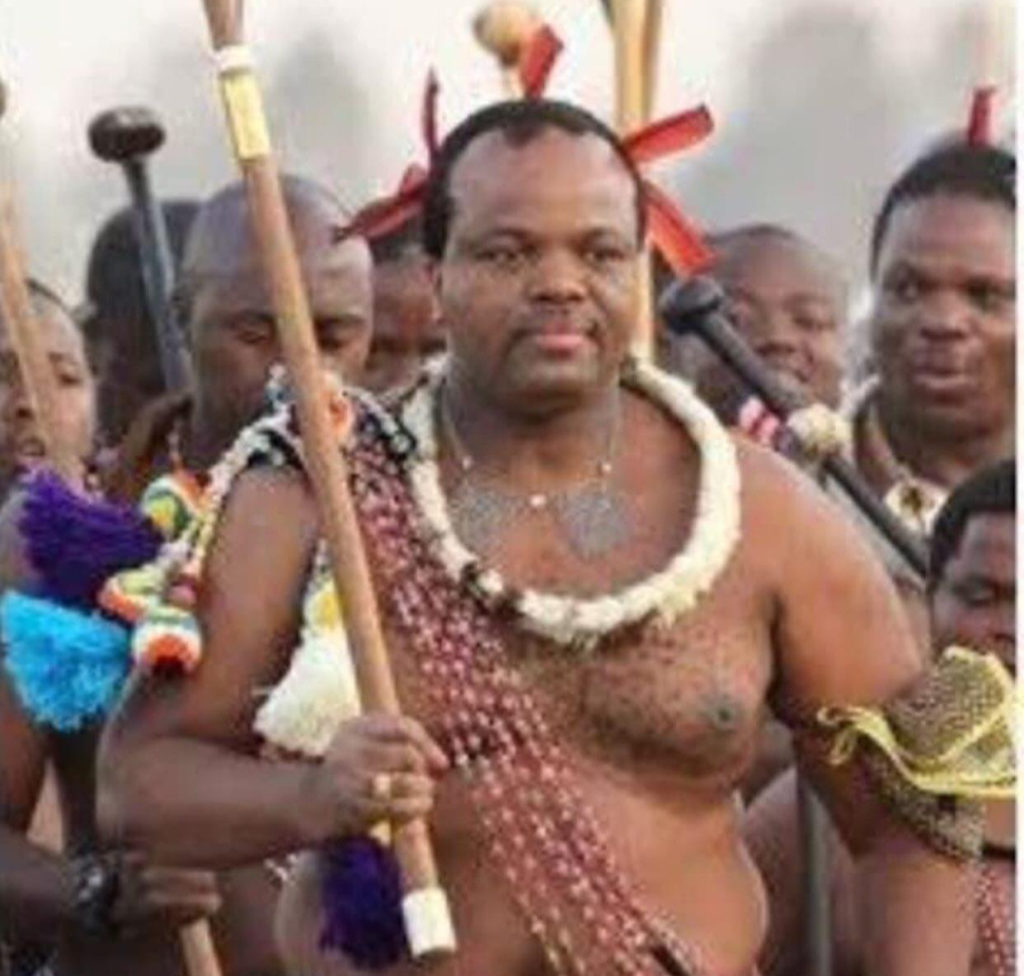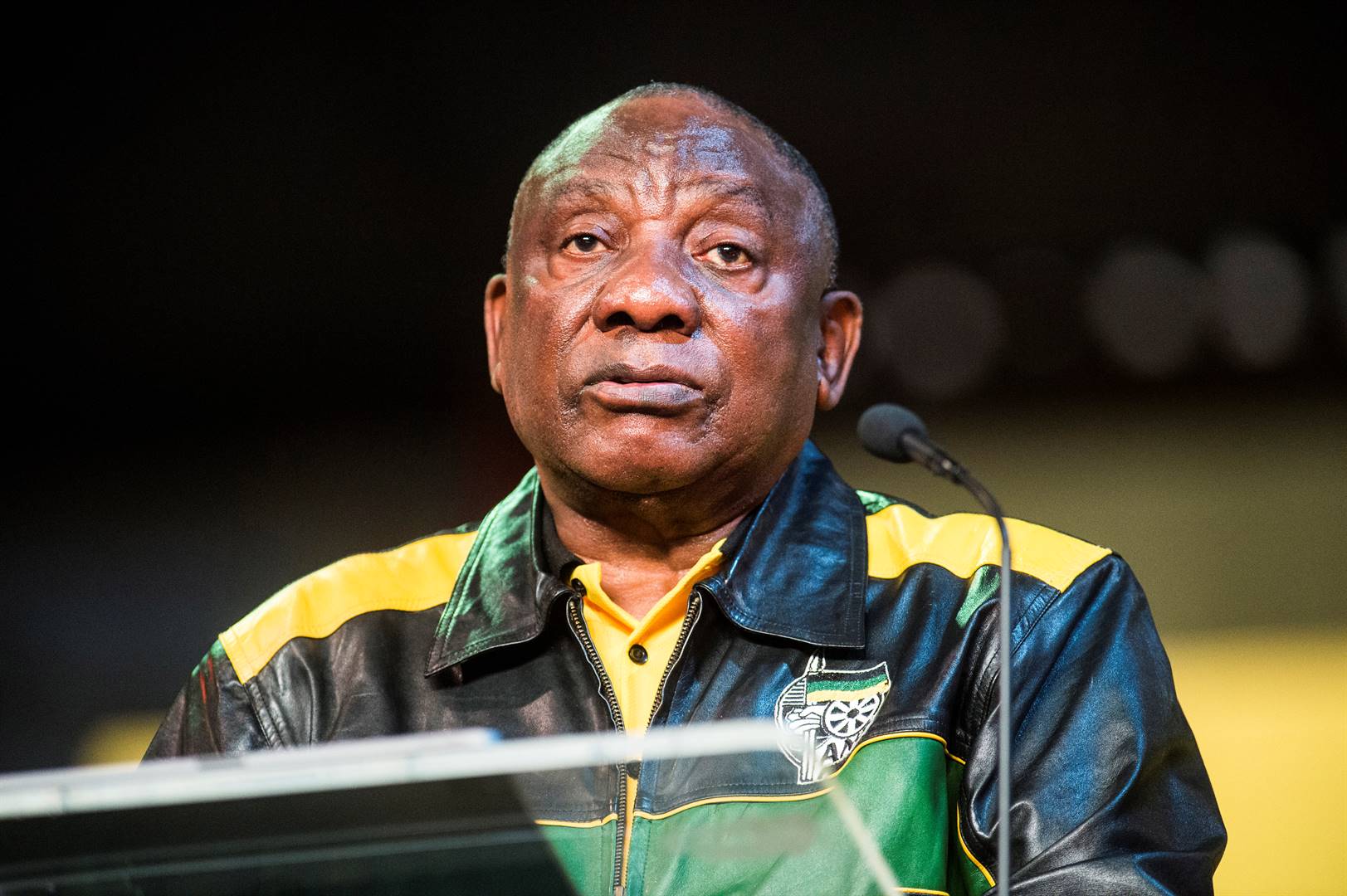Amnesty International demanding access to bodies of people killed in Swaziland

King Mswati III
MBABANE: Amnesty International has call upon eSwatini authorities to allow independent pathologists and medical doctors access to those who have been killed in the midst of the political unrest.

Eswatini, a tiny Kingdom situated in Southern Africa and ruled by Africa’s last absolute Monarch King Mswati, is facing series of protests, citizens are demanding democratic reforms and the King responded by banning delivery of petitions triggering political chaos that has seen dozens killed by security forces. The King’s Government subsequently shut down the internet to block the flow of information to the international community regarding the ongoing killing of civilians.
In a statement released on Saturday, Deprose Muchena, Amnesty International East and Southern Africa Director noted that the eSwatini Government has launched a “full-frontal assault” on human rights in a crackdown on pro-democracy protestors which has seen dozens killed by security forces.
“The government of Eswatini has launched a “full-frontal assault” on human rights in a crackdown on pro-democracy protesters which has seen dozens killed by the security forces.Amnesty is aware of the names of more than 20 people who have been killed by state security forces, while at least six others who participated in protests are unaccounted for. Some bodies at Dups Funeral Home and Crematorium, in the city of Manzini, have not yet been identified. More than 150 people have been hospitalised and are being treated for gunshot wounds in Manzini and the executive capital Mbabane. Hundreds of protesters have been detained and face criminal charges, including malicious damage to property. A prison capacity crisis is looming amid the Covid-19 pandemic. While there have been acts of violence associated with the protests, the authorities have failed to act in a differentiated and proportionate manner. Instead, police and soldiers have used excessive force – including live ammunition – against protesters” read the statement in part.
Amnesty International said the protests erupted in the Southern African country last month began following the unexplained death in May of 25-year-old law student, Thabani Nkomonye, allegedly at the hands of the police.
“His body was found in a field in the district of Nhlambeni, six miles outside Manzini. Protesters are demanding reform in a country where political activism has been suppressed for years. Since protests began, human rights defenders and activists have been subjected to an orchestrated campaign of intimidation, including being placed under unlawful surveillance with state helicopters hovering over their homes. Amnesty is calling on the Eswatini authorities to allow independent pathologists and medical doctors access to those who have been killed, and ensure they can conduct full medical examinations to ascertain the full circumstances surrounding their deaths,” the human rights organisation said in a statement.
But Acting Prime Minister Themba Masuku when addressing the media this week consistently denied that security forces were killing civilians, he further refuted allegations that Government shut down the internet despite a confirmation from MTN Group and other operators.
On another note, opposition parties and the civil society in eSwatini are documenting evidence, they want King Mswati charged for crimes against humanity by the International Criminal Court(ICC).
Speaking to this Swaziland News, the PUDEMO Secretary General said as political parties and the civil society they were preparing a strong case against the King but he said relatives of the deceased should play their role by compiling the evidence to substantiate the allegations.
“We would like to urge Swazis particularly the relatives of those who have been killed or injured during the ongoing war perpetrated by the King against Swazis. Firstly, it is important to document the name, surname, age and gender of the victim. Secondly, we are appealing to Swazis to take pictures of the deceased with the gunshots injuries all over the body, from the head to the toes, back and front. If there were bullets, keep pictures of those bullets. Thirdly, families of the victims must take short videos during funerals and in the video there must be someone mentioning the name and surname of the deceased and narrating how he or she died. Before burying the victim, they must take a video of the naked dead body showing all the injuries, we know this might be painful but the evidence is very important”, said the PUDEMO Secretary General.
–The Swaziland News







